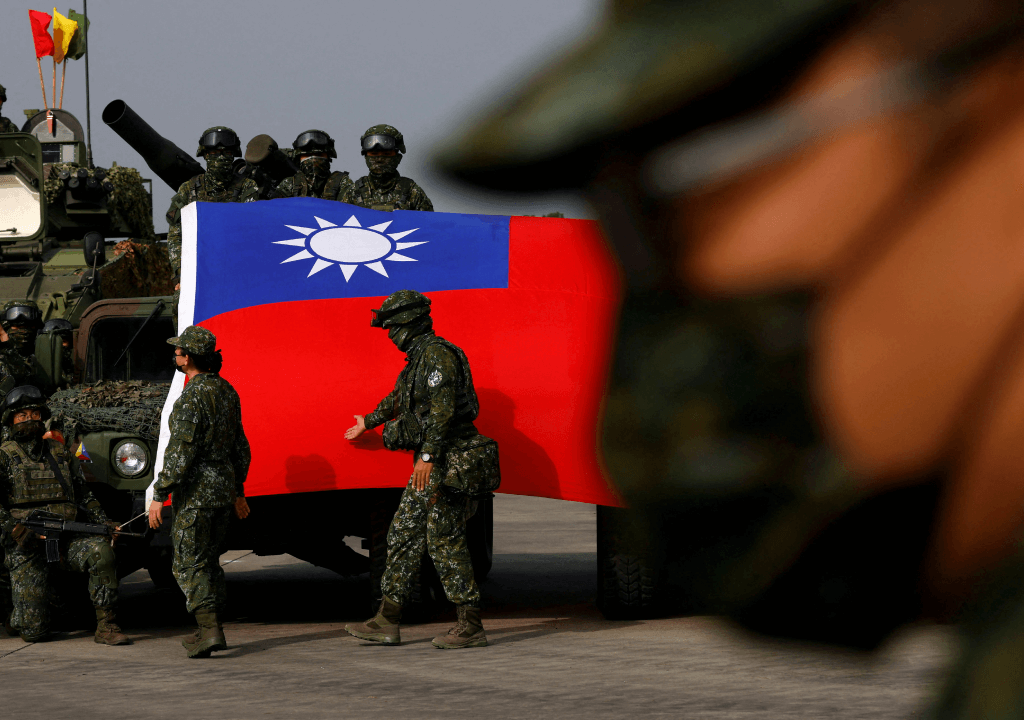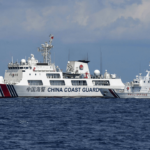How Does US Foreign Aid Package Benefit Taiwan?

Taiwan, along with Ukraine and Israel, receives a significant amount of funds and help as part of the US-declared Foreign Aid Package. After much delay and contentious debate, and following calls from Ukraine, the foreign aid bill was signed by United States President Joe Biden last Wednesday. Three countries are benefiting directly from the bill and receiving significant amounts of money. One is Ukraine, which is engaged in a strong war with Russia and is in high demand for money and weapons. Another country is the conventional ally, Israel, which is in conflict with Hamas and also in need of money and aid from the United States. The third is Taiwan, whose inclusion is interesting because they are not currently at war. However, it needs to be considered that the United States expects more tensions in the region, and is preparing for it.
The foreign aid package, amounting to $95 billion in aid for Ukraine, Israel, and Taiwan, contains provisions that have a broad impact on many parts of the Asia-Pacific region. Through the bill, House Republicans allocated $8.1 billion for the Indo-Pacific region, framing it as an effort to counter the People’s Republic of China, which claims Taiwan and the entire South China Sea. Within the foreign aid package, $2 billion is earmarked for the foreign military financing program, benefiting Taiwan and other security partners in the Indo-Pacific, all of whom are deemed crucial in confronting Chinese aggression according to the US. This financing program enables eligible partner nations to procure US defense articles, services, and training. Additionally, $1.9 billion will support defense-related expenses for Taiwan and other regional partners, while $542 million will specifically enhance US military capabilities in the region which will bolster regional deterrence.
The primary allocation of funding within the bill is directed towards projects within the United States itself. $3.3 billion from the bill is allocated to bolster the domestic submarine-building industry. Of this amount, $1.9 billion is specifically designated for the Columbia-class submarine, the latest class of nuclear-powered submarines for the United States. An additional $200 million is allocated for a Virginia-class submarine as well. The majority of these funds will be invested domestically, benefiting over 16,000 suppliers across all 50 states. The inclusion of submarine funding was a prerequisite for congressional approval of the Aukus deal involving the United States, United Kingdom, and Australia. Its purpose is to ensure that the United States can fulfill Australia’s requirement for Virginia-class nuclear-powered submarines without compromising its own capability needs. Therefore, this package will contribute to the US economy and US foreign relationships simultaneously.
The delay in passing the bill sparked significant criticism against the government both inside and outside the US. A significant outcry arose from Ukraine, which is currently in urgent need of financial assistance. However, it wasn’t easy for the United States; there were protests against spending US taxpayers’ money on Ukraine and war, with arguments advocating for peace talks with Russia. Additionally, Israel being another beneficiary led to further delays, as Israel’s aggressive stance resulted in numerous civilian deaths in Gaza, demanding the US to intervene and halt the conflict. Protests are mounting in the US, with participation from many students, human rights activists, and Islamic communities. Additionally, there are many people who are against funding Taiwan. They fear that increased financial support and weapon systems provided to the Asia-Pacific region will escalate tensions. However, such actions are deemed necessary by the US to stimulate its economy, given the need for government spending and pressure from businesses.
Taiwan considers the aid package essential for its defense and expresses concerns about China’s potential future aggression. Taiwanese President Tsai Ing-wen applauded the foreign aid package. According to Beijing’s Taiwan Affairs Office, the aid gravely breaches US obligations to China and sends the wrong message to separatists seeking Taiwan’s independence. China is concerned about this development since the US is expected to gain more influence in the region as a result of the Foreign Aid Package for Taiwan, which would draw other nations closer to the US. The political environment in Asia Pacific will change as a result of these measures. China, which considers Taiwan its own territory, has consistently urged a halt to arms supplies, while the United States continues to be Taiwan’s most significant international supporter and arms supplier despite the lack of formal diplomatic ties. Thus, it is certain that the foreign aid package will impact the balance of power in the area.




